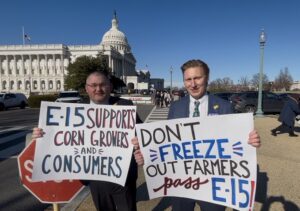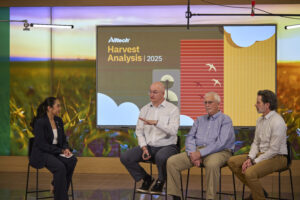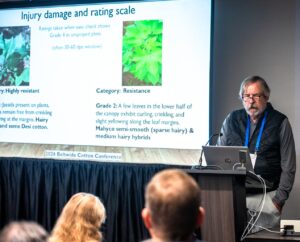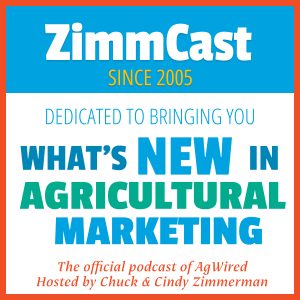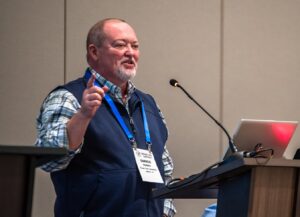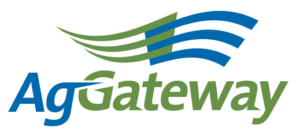It’s just too much for National Corn Growers Association President Jed Bower of Ohio. “Corn growers are disgusted, disappointed and disillusioned that after spending years of calling for passage of E15, Congress has again punted, and it has done so in a spectacularly weak and offensive way,” said Bower.
Renewable Fuels Association President and CEO Geoff Cooper says the decision to create this council was made by House leadership. “The idea is they’re going to keep working on these issues for the next month with the goal of having legislation ready to consider by February 25,” said Cooper, noting that year-round E15 approval costs nothing and would help farmers who are facing the worst economic crisis in almost 50 years.
“And they need real solutions right now. They don’t need more foot dragging, don’t need more debate. We don’t need a council. We don’t need more study on this issue. We just need to get this bill done,” said Cooper. “So we’re just extremely frustrated with the way this played out this week and I hope I’m wrong, but I just don’t have high hopes for the process that this council is going to undertake.”
Listen to Cooper’s comments here:
RFA CEO Geoff Cooper 4:14
The new “Rural Domestic Energy Council” that Congress has created instead of taking action has a deadline of February 25 to come up with a plan – with is right in the middle of the Renewable Fuels Association’s National Ethanol Conference in Orlando next month. In this edition of The Ethanol Report, RFA president and CEO Geoff Cooper discusses how the E15 compromise in Congress fell apart and how the industry will move forward at the NEC.
Ethanol Report 1-23-26 21:01
